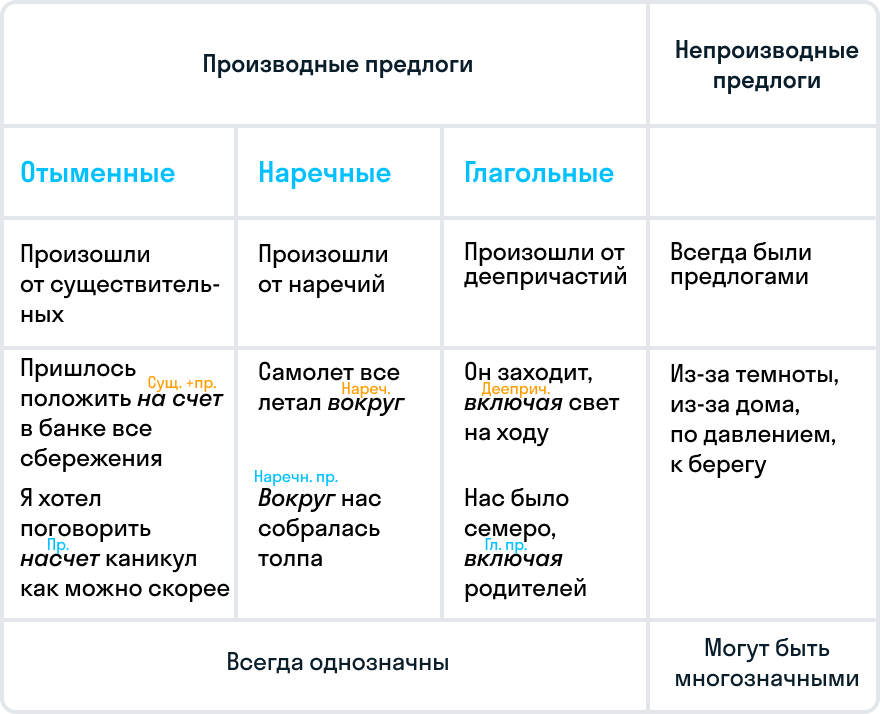Understanding The Relationship Between Dangote, NNPC, And Petrol Prices In Nigeria

Table of Contents
Dangote Refinery's Potential Impact on Petrol Prices
The commissioning of the Dangote Refinery represents a potential game-changer in Nigeria's petroleum landscape. Its massive refining capacity promises to significantly alter the dynamics of petrol pricing and energy security.
Increased Domestic Refining Capacity
The anticipated effect of Dangote's refinery is a substantial reduction in Nigeria's reliance on imported petrol. This has several potential consequences:
- Decreased import costs: Reduced dependence on foreign currency for petrol imports.
- Potential price reduction: Increased domestic supply could lead to lower petrol prices for consumers.
- Enhanced energy security: Less vulnerability to global oil price shocks and supply chain disruptions.
- Impact on NNPC's role: A shift in NNPC's role from primary importer to a potential regulator and market participant.
Increased local production could lead to lower prices due to reduced dependence on international crude oil markets and fluctuating exchange rates. The refinery's enormous capacity – capable of processing 650,000 barrels of crude oil per day – dwarfs existing Nigerian refining capacity, offering the potential for a major shift in the supply-demand equation.
Competition and Market Dynamics
Dangote's refinery entry introduces a new level of competition within the Nigerian petroleum market. This competition could manifest in several ways:
- Potential price wars: Competition could drive down prices as different players vie for market share.
- Improved quality control: Increased competition could incentivize higher quality petrol products.
- Increased consumer choice: Consumers might benefit from a wider variety of petrol products and brands.
- Impact on smaller players: Existing players might face challenges adapting to the new competitive landscape.
The potential for a more competitive market leading to potentially lower prices for consumers is significant. However, the extent of this impact will depend on various factors including pricing strategies adopted by Dangote and other players, as well as regulatory oversight.
NNPC's Role in Petrol Pricing and Subsidies
The Nigerian National Petroleum Corporation (NNPC) has historically played a dominant role in the importation and distribution of petrol in Nigeria, significantly influencing petrol pricing.
NNPC's Dominance and Pricing Power
NNPC's influence stems from its historical role as the primary importer of refined petroleum products. This dominance has impacted pricing in several ways:
- Government subsidies: The government has often subsidized petrol prices, impacting NNPC's operational costs and pricing strategies.
- Price regulation: NNPC's pricing decisions are often influenced by government price controls.
- Impact on market transparency: NNPC's dominance has raised concerns regarding market transparency and efficiency.
- Challenges of NNPC's operations: Operational inefficiencies within NNPC have historically contributed to price volatility.
Government intervention, including subsidies, directly affects the final price paid by consumers. The removal or adjustment of subsidies has been a recurring point of national debate, with significant economic and political ramifications.
The Impact of Subsidy Removal
Removing petrol subsidies, while potentially beneficial in the long run by improving budgetary allocation and market efficiency, carries significant short-term risks:
- Increased prices: Subsidy removal would inevitably lead to higher petrol prices.
- Inflation: Higher petrol prices would contribute to increased inflation across the economy.
- Social unrest: The increase in cost of living could trigger social unrest and protests.
- Potential for economic hardship: Lower-income households would be disproportionately affected by higher petrol prices.
- Government policies and countermeasures: Government needs to implement mitigating policies (like targeted cash transfers) to cushion the impact on vulnerable populations.
The economic and social implications of subsidy removal are complex and require careful planning and implementation to minimize negative consequences.
Global Market Influences on Nigerian Petrol Prices
Nigerian petrol prices are not solely determined by domestic factors. Global market conditions play a crucial role.
Crude Oil Prices and Exchange Rates
International crude oil prices and the Naira-Dollar exchange rate significantly impact petrol costs in Nigeria:
- Fluctuations in global oil markets: Global events (geopolitical instability, OPEC decisions) directly affect crude oil prices.
- Impact of currency devaluation: A weaker Naira increases the cost of importing refined petroleum products.
- Hedging strategies: NNPC and other importers might employ hedging strategies to mitigate price risks.
- Relationship to international prices: Nigerian petrol prices typically correlate with international benchmark prices.
Global events and economic factors can lead to significant price volatility in Nigeria, creating uncertainty for consumers and businesses.
The Role of International Oil Companies (IOCs)
Multinational oil companies also play a significant role in the Nigerian petroleum sector, influencing pricing dynamics:
- Importation contracts: IOCs often participate in the importation of refined petroleum products.
- Refining agreements: Agreements with foreign refineries influence the supply and pricing of imported fuel.
- Pricing negotiations: Negotiations between NNPC and IOCs can impact the final price of petrol.
- Market share dynamics: The competitive landscape among IOCs affects pricing and market access.
The involvement of IOCs in the supply chain provides another layer of complexity to understanding Nigeria's petrol pricing structure.
Conclusion
The relationship between Dangote, NNPC, and petrol prices in Nigeria is complex and multifaceted, influenced by domestic policy, global market dynamics, and the expanding role of private sector players like Dangote Refinery. Understanding these interwoven factors is crucial for predicting future price trends and developing effective policies. The potential impact of Dangote’s refinery on reducing Nigeria's dependence on imports and fostering competition is significant, but remains to be seen. Continued monitoring of NNPC's role, government policies, and global market fluctuations is necessary for effective management of petrol prices and ensuring energy security in Nigeria. Further research into the Dangote, NNPC, and petrol prices in Nigeria dynamic is encouraged to fully grasp the nuances of this critical issue.

Featured Posts
-
 2023
May 09, 2025
2023
May 09, 2025 -
 Un Debut D Incendie A La Mediatheque Champollion De Dijon
May 09, 2025
Un Debut D Incendie A La Mediatheque Champollion De Dijon
May 09, 2025 -
 The Tesla Dogecoin Connection Analyzing The Impact Of Elon Musks Involvement
May 09, 2025
The Tesla Dogecoin Connection Analyzing The Impact Of Elon Musks Involvement
May 09, 2025 -
 Bekam Nepobitni Dokazi Za Negovata Superiornost
May 09, 2025
Bekam Nepobitni Dokazi Za Negovata Superiornost
May 09, 2025 -
 Bekam Kriteriumi Za Na Dobar Fudbaler Na Site Vreminja
May 09, 2025
Bekam Kriteriumi Za Na Dobar Fudbaler Na Site Vreminja
May 09, 2025
